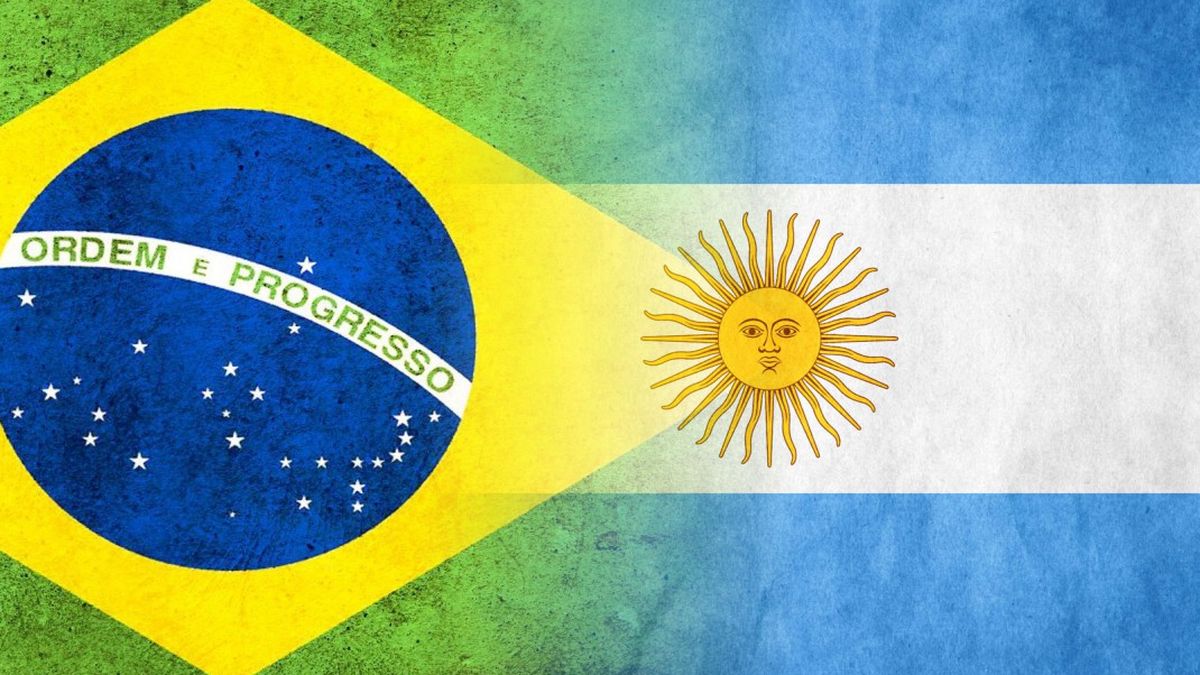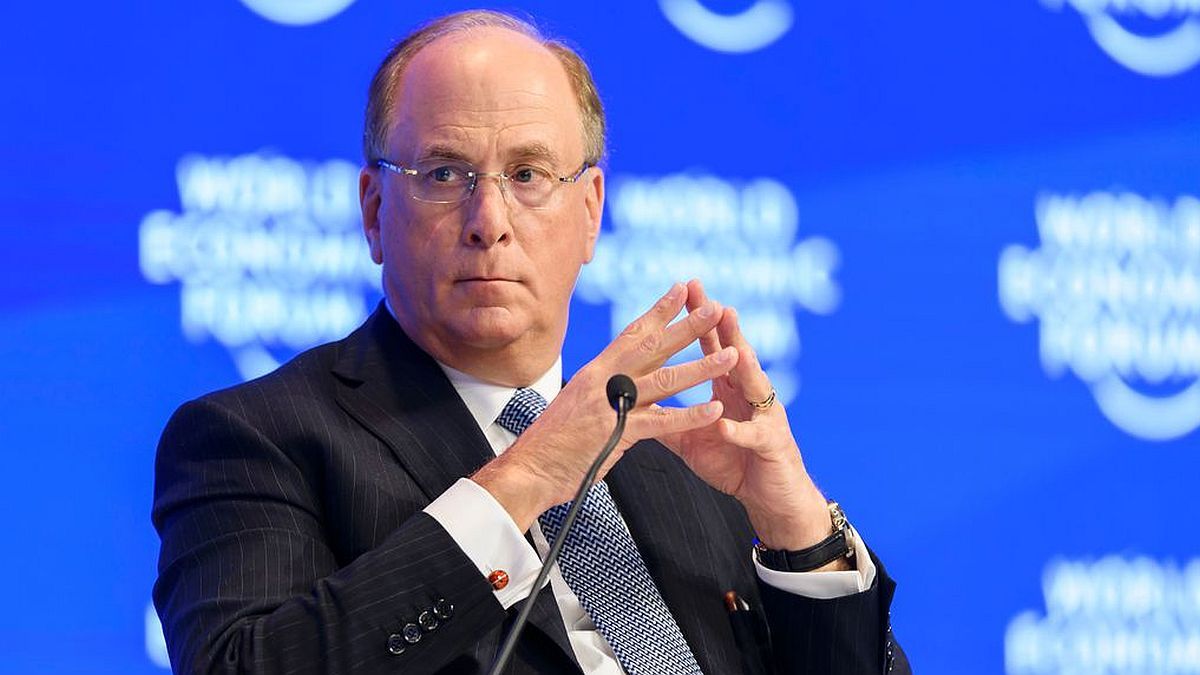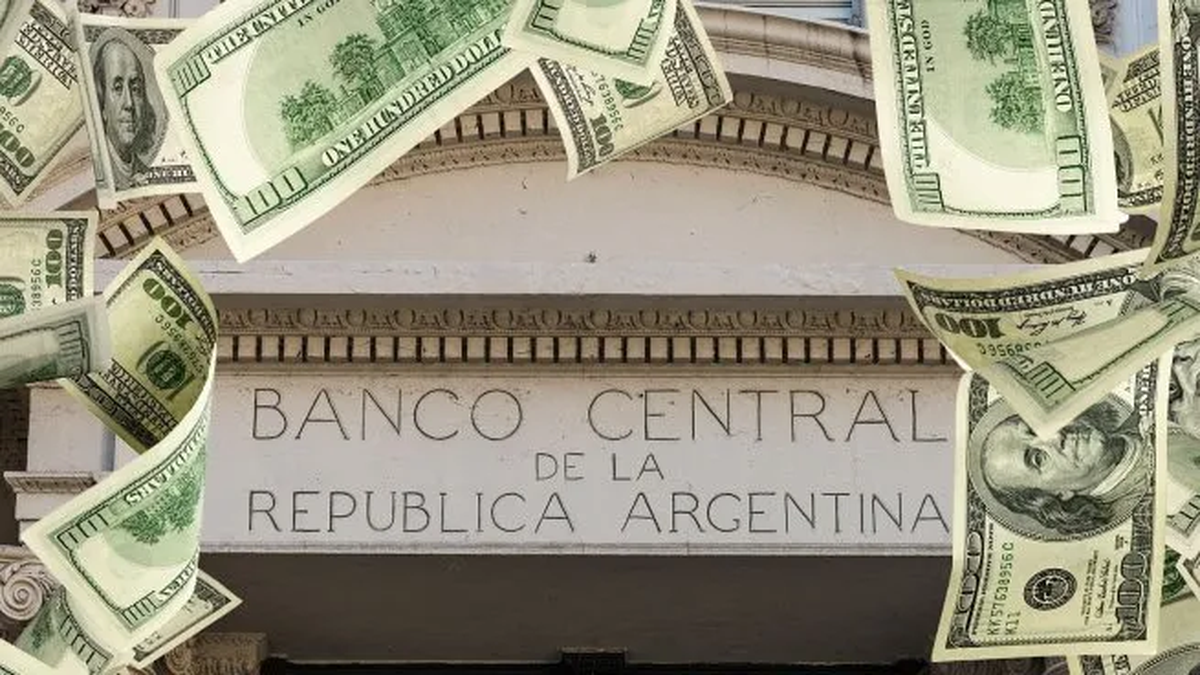In the first week of February a delegation from the Ministry of Economy to Brazil to advance in the implementation of this measure, as announced by the Sergio Massa.
alberto fernandez with lula da silva at casa rosada 2023 4.jfif
Presidency
Financing for exports is one of the measures that seeks to improve commercial exchange and that can be carried out quite quickly, they explain in the Government.
The announcement becomes relevant at a time when the bulk of the payment for imports made by the country must be made on a deferred basis.
Characteristics
The general scheme that governs the country establishes that companies have access to the foreign exchange market to pay for imports within the period determined by the SIRA, counting from the date of customs registration.
Thus, the foreign supplier dispatches the good and the importer cancels it after the minimum term determined by the SIRA (generally 180 days). In this way, to import the local company must access some form of financing, usually of a commercial nature.
Nevertheless, In many cases, the foreign supplier is not in a position to extend the volume of credit under the conditions required by the Argentine importer.. For this reason, the standard enables companies to carry out an import financing operation -Fi de impo- in the measure that this is granted by local financial entities through lines funded abroad or by foreign financial entities, according to a report to which Ámbito agreed.
The IMPO FI modality consists of a local financial entity having a line of credit with a foreign entity that it uses to fund credits to Argentine importers. Disbursements are made by the foreign entity directly to the suppliers of the Argentine importer. When accessing the exchange market, the importer transfers the dollars to the local bank to pay the credit and the local entity cancels the section of the foreign line.
Different entities of the local market have agreements of this type and finance part of the Argentine imports. By case, Banco Patagonia has a line of credit with Banco do Brasil, ICBC has a line with Bank of China, BICE with the Brazilian BNDES, and Banco Nación with Banco Nación in New York.
It is estimated that the total volume of lines of this type is approximately US$400 million. Assuming an average term of financed operations of 180 days, the maximum volume of financeable annual trade is approximately US$800 million, they explain at the Palacio de Hacienda.
Profits
“The announced scheme will allow a substantial increase in commercial credit available to the private sector”, they affirm in official media. They add that this volume of financing will make it possible to sustain the level of imports at a time when the liquidation of agricultural exports will be affected by the drought. And, in turn, It makes it easier for importers to renew all or part of the commercial debt they took on during 2022.
Of course, an important issue for the authorities is that “This scheme allows us to continue with the process of recovering the Central Bank’s net reserves that began in 2022”. By financing part of the imports with this 1-year line, the demand for payments for imports in the short term decreases, which will facilitate excess supply that the BCRA will be able to take advantage of to accumulate reserves.
Another aspect highlighted by officials is that the import financing system is higher than the use of the recently announced swap with China. This is so because in the case of a currency swap, the BCRA registers an increase in gross reserves, but the net ones do not increase (since the swap generates a short-term asset and liability of the same value). However, when the BCRA uses part of the foreign currency obtained through the swap, the net reserves tend to decrease (because the assets fall, but the liabilities continue to exist for the same value). Only in the case that the use of the swap would allow the BCRA to buy dollars in the market, the use would tend to be neutral.
In the case of the scheme FI of IMPO Gross reserves are not altered, but it does not incur a liability either, since the line is taken over by a local bank and ultimately a private party (the importer) becomes indebted.
If as a consequence of the line the demand for import payments falls -they explain- and the BCRA can buy reserves in the market, in that case Gross reserves increase as do net reserves.
In addition, to the extent that the line is renewed, private companies can renew their credit for new imports -roll up the financed capital-, with which the net demand for foreign currency is limited to the equivalent of interest payments. In this sense, they conclude, the impact on the accumulation of net reserves tends to be sustained over time.
Source: Ambito
David William is a talented author who has made a name for himself in the world of writing. He is a professional author who writes on a wide range of topics, from general interest to opinion news. David is currently working as a writer at 24 hours worlds where he brings his unique perspective and in-depth research to his articles, making them both informative and engaging.




